The Best Framework amongst React, Ionic, and Swift
Both Ionic and React Native is built on Typescript or Javascript, while Swift is built with the open-source LLVM compiler framework. With rising competition in the mobile app development field, the mobile application development frameworks are giving their best in order to stay ahead. However, to sustain in this market, functional and attractive apps need to be built to keep the audience engaged. React, Ionic, and Swift are the three most popular app development frameworks and they come with their own fair share of advantages and disadvantages.
Let’s dive in to find out which cross-platform mobile app development framework is the best among React, Ionic, and Swift; and what makes them different from one another.
React framework
React Native is a Facebook developed an open-source framework that lets you create native mobile applications using the JavaScript programming language. After PWA (Progressive Web Applications), the React Native framework is called the revolution in cross-platform mobile app development and is known for delivering a great mobile experience.
React Native framework is regarded as the most preferred programming language when it comes to developing mobile applications for both Android and iOS.
Using a single platform, React Native enables you to work on two different operating systems. React Native also proves beneficial when it comes to building attractive User Interfaces. It is one of the most popularly used frameworks.
Pros:
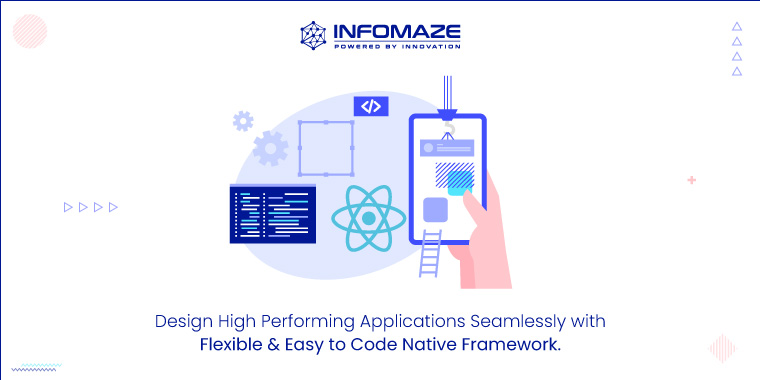
- Optimal performance
- Reusability of codes
- Time and cost efficiency
- Supports third party plug-ins
- Simple UI
- Excellent performance
Cons:
- Not completely secure: There are loopholes in React native as it is an open-source framework. Hence, experts advice not to go with React native if you need to build a banking or financial app.
- Takes time to initialize: React Native takes relatively longer to initialize the runtime.
Ionic framework
Ionic framework is a free, open-source mobile UI toolkit for the development of high quality cross-platform apps. Ionic is used as the front-end UI framework and plays a huge role in the overall look and feel of an application. It is a popular hybrid application framework for building mobile applications using web technologies like CSS, HTML5 and SaaS.
Ionic is seemingly gaining popularity as the competition level is exceeding and it has been recognized as the most preferred framework for the development of both iOS and Android apps. Although, it isn’t the best choice as it comes with its own share of drawbacks as well.
The framework is built with intuitive UI components and can be deployed across any mobile device, be it iOS, Android, or Windows devices. It has also earned the name for delivering an excellent user experience. The framework has many benefits in terms of development speed, third party code access, and platform support.
Pros:
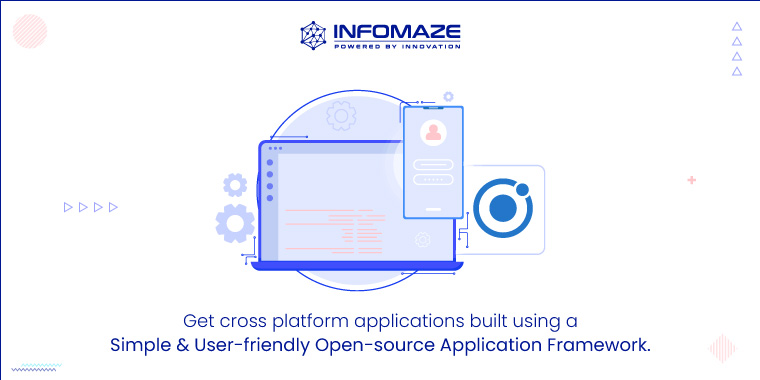
- Code once, and deploy across all mobile devices
- Builds rich and robust applications
- Quick development time
- Good availability of plugins
- Can develop applications for both iOS and android at once
Cons:
- It is difficult to develop advanced graphics
- The in-app performance is not as quick sometimes
- Complexity in debugging errors
Swift framework
Back in 2014, Apple announced Swift, a new iOS app programming language. Swift is a general-purpose, compiled programming language developed for iOS, macOS, watchOS, tvOS, Linux, and z/OS. The framework is designed to work with Apple’s Cocoa and Cocoa Touch frameworks and Objective-C code. On Apple platforms, it uses the Objective-C runtime library which allows Objective-C and Swift code to run within one program. It was mainly created to replace Objective-C as the chief coding language for iOS.
Swift is a native framework that enables you to access lots of iOS features that cannot be accessed through Ionic and React Native.
Pros:
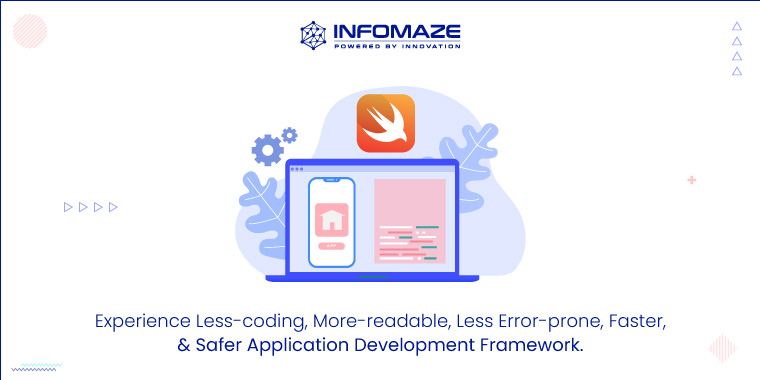
- Rapid development process
- Advanced safety and performance
- Perfectly compatible with Objective-C
Cons:
- Limited developers as the language is still young
- Lacks support for the older versions of iOS
- Poor exchange of data among third-party tools
Conclusion
React, Ionic and Swift are unique in their own ways and there exists no conflict between these three frameworks. However, when asked to make a comparison, we would recommend all three to you as they all possess exemplary features. Hence, it is suggested you choose a framework that best suits your requirements.
Why choose Infomaze
Infomaze offers mobile application development services to clients throughout the globe. We offer our services across all the three platforms i.e., React Native, Ionic and Swift. Based on your requirement, we can develop an interactive mobile application on any of these frameworks.

Our team has an edge for developing robust mobile applications for Android and iOS. Need assistance for mobile app development Infomaze? Contact us for a free consultation!
Categories
- Application Migration (8)
- BI (7)
- Case Study (24)
- CRM (8)
- Dot Net (7)
- Informational Blog (63)
- IT Help Desk (8)
- Microsoft 365 (2)
- Mobile Application (9)
- Offshore Development (10)
- Outsourcing Services (1)
- PHP (9)
- PowerBI (7)
- QuickBooks (6)
- ReactJS (4)
- SEO (13)
- SharePoint (3)
- Web Application (8)
- Zoho (11)
- Zoho Case Study (27)
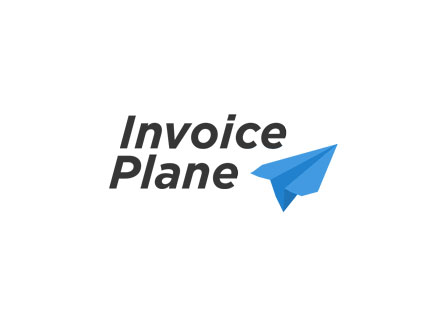
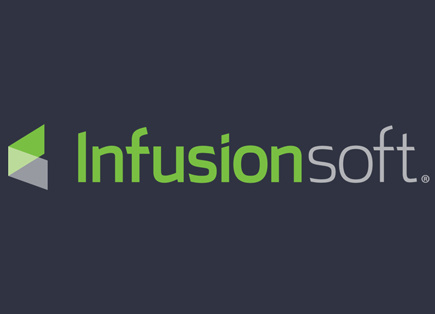

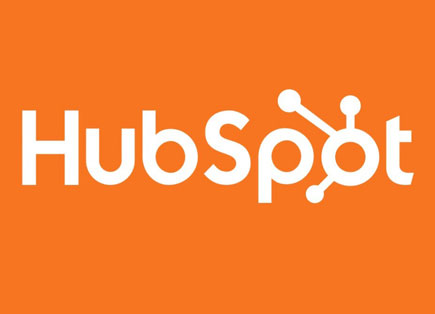
Disclaimer: All rights belong to the owner. No Copyright or Trademark Infringement Intended.





